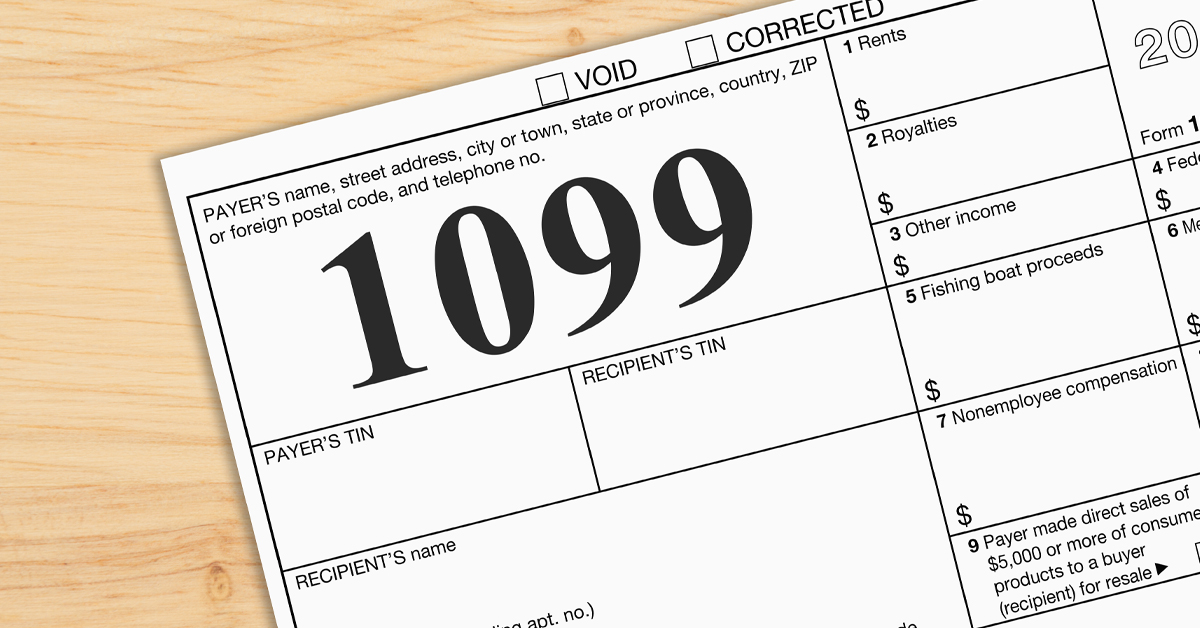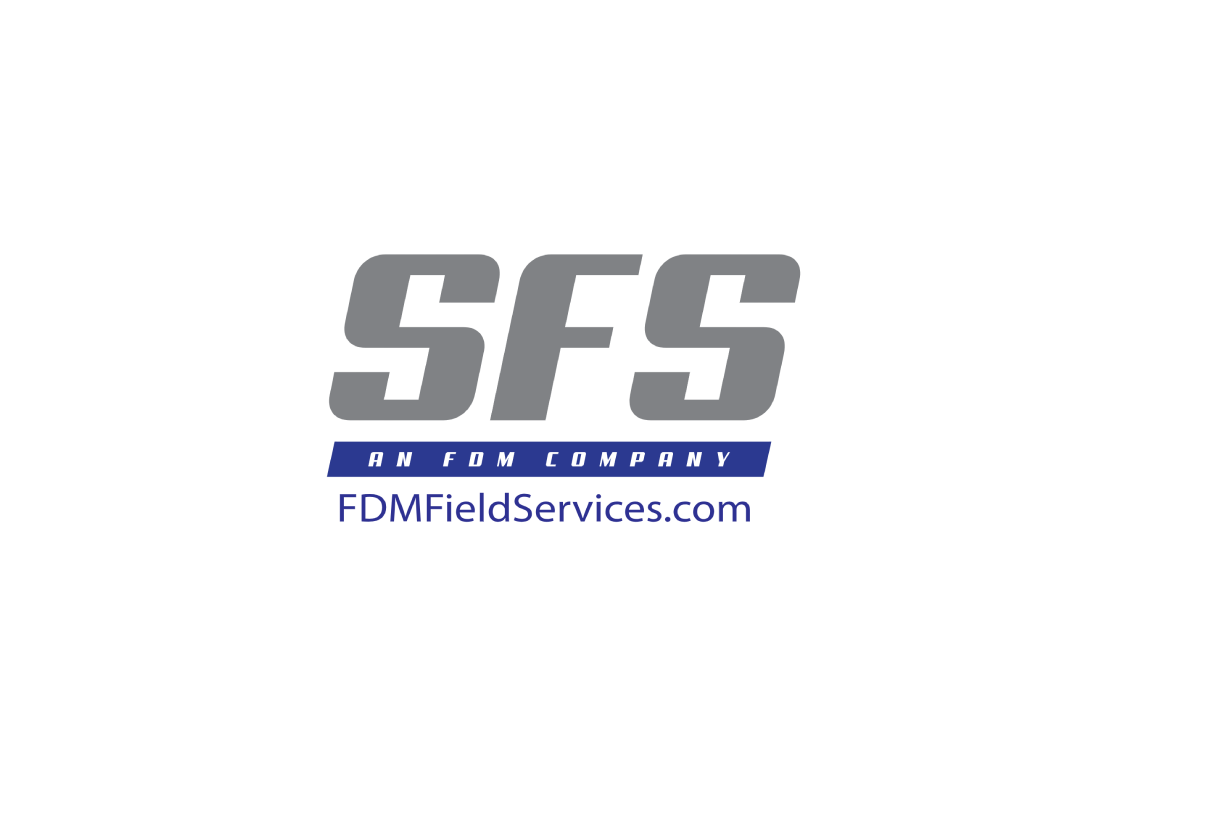Getting Ready for Tax Season: 1099 Forms, Deductions and More
by

2020—one of the most tumultuous years any of us have ever experienced—is mercifully ending soon. Unfortunately for independent contractors and gig economy workers, that means the beginning of tax season.
As an independent contractor, you most likely know your that taxes are calculated differently than traditional employers. Instead of the W-2 (the tax form used for salaried employees), you should be on the lookout for your 1099 Tax Form(s).
This blog post will walk you through some of the basics of the 1099 tax form, and help you get a handle on what you need to take care of before the deadline of April 15, 2021.
What is the 1099 Tax Form and What Do Independent Contractors Need to Know?
Every employer you receive more than $600 from is required to send you a 1099. If you earn less, you will not receive a form, but are still required to pay taxes on that income, so make sure you report it.
Like many gig economy workers, you may have more than one 1099, depending on how many different employers you received more than $600 in payment from in the past year.
1099 tax forms are generally mailed out to gig economy workers and independent contractors by January 31. When you receive your form(s) in the mail, file them away in a safe place. You will definitely need them. Why? Because gig economy workers and independent contractors don’t have their taxes, including Social Security, Medicare, and Federal Income Tax withheld.
Didn’t receive a 1099? You are NOT off the hook for that income. If the IRS finds out via a tax audit that you didn’t pay, you will owe penalties on top of the tax bill.
Once you receive all your 1099 tax forms, you can begin the filing process. If you do it yourself via tax software such as TurboTax or another option, now is when you will want to start figuring out your tax deductions.
What tax deductions are available to independent contractors and gig economy workers?
Work from home? You will definitely want to write off your home office. We covered that in a prior blog post.
Here are some other key tax deductions you may be entitled to:
-
Vehicles. Make sure you keep track of your mileage if you’re driving to various locations, because mileage is one of the most valuable tax deductions available. You can find a list of the current rates here.
-
Business trips. If you travel to another U.S. city for business, you can deduct 100% of the cost. Hotel or lodging is also deductible, as well as 50% of your meals.
-
Legal and professional fees. Legal and professional fees that are related to your business are tax deductible. This includes any work-related association fees.
- Mortgage interest. If you own your own home, any interest paid on your mortgage is tax deductible. NOTE: This is not just for independent contractors and gig economy workers. This deduction is available to all.
Remember to keep good records
As an independent contractor, the gig economy gives you many opportunities for tax deductions. But you need to document everything. Hold onto every receipt for business expenditures. Keep track of your mileage when you travel. And if you have a home office, make sure you take full advantage of all the deductions you’re entitled to.
Here are some more helpful resources that will come in handy this tax season:
- The IRS has a gig economy tax center with plenty of helpful information here.
- Nerdwallet has a helpful guide to self-employed tax deductions for 2020 here.
- Intuit, the company behind TurboTax has a helpful guide here.
Anything we left out? Any tips or best practices you want to share from your time in the field as an independent contractor? Let us know!
